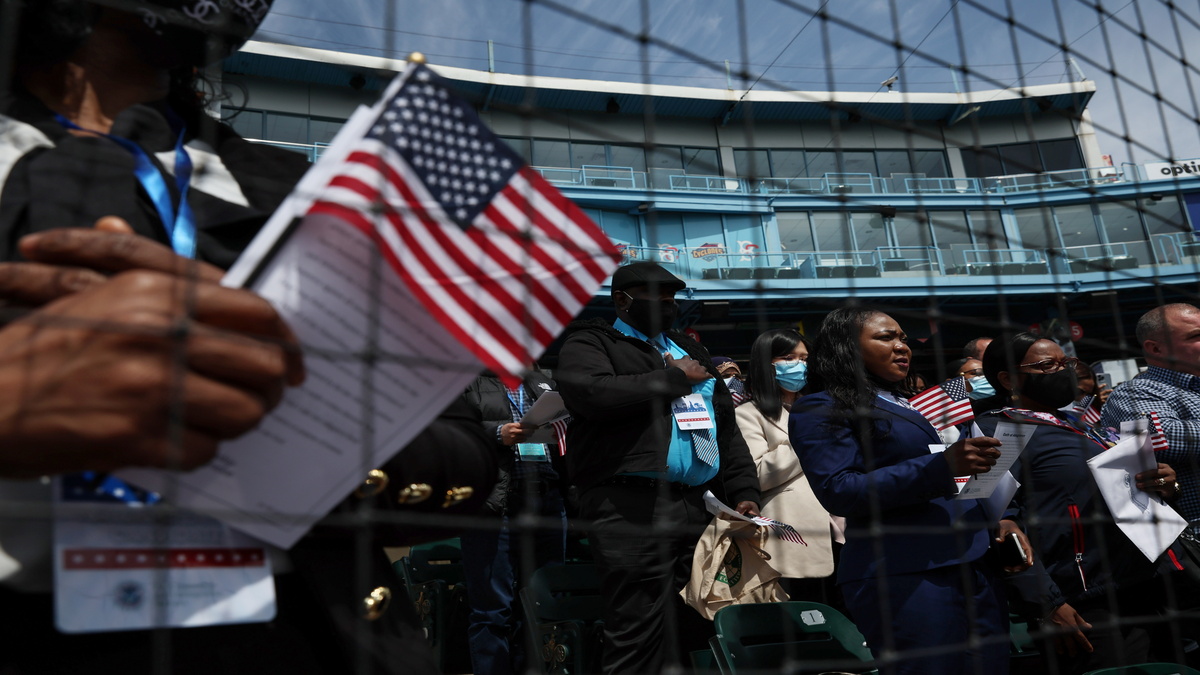Editor’s Note: Of the 4 million who didn’t make it to NRC, 2.48 lakh have been marked as ‘D’ voters. The Supreme Court has asked Assam government not to take any coercive action on those who are found to be without proper documents as required under recent National Register of Citizens. NRC, a product of Assam Accord, is expected to solve the fear of Bangladeshi immigrants that has been prevalent in the state for quite some time now. The Centre proposed in 1999 an updated NRC in Assam to solve the problem of “illegal immigration” and two pilot projects were conducted in Dhubri and Barpeta districts. But breaking out of a riot in Barpeta grounded the project. In 2005, when All Assam Student Union opposed the prime minister’s visit to the state, tripartite talk between AASU, State government, and the Centre resulted in a decision to prepare a model for the NRC process, which was delayed yet again by over 5 years by the state government. It was only when Abhijeet Sharma of Assam Public Works (APW), an NGO, filed a writ petition in 2009 that the SC’s direct intervention led to the start of NRC process in 2014. Firstpost will run a series which will feature 30 profiles in 30 days of those residents of Assam who have not been covered under the final draft of NRC which will decide if they continue to live in the state that they call ‘home’.
***
Guwahati: Santosh Mahato, a 29-year-old who lives with his family of nine in their house on a hill top in Kalapahar area of Guwahati in Assam, was left disheartened on 30 July to find that neither him nor any of his family members’ names, apart from that of his wife, made it to the final draft list of the National Register of Citizens (NRC).
Santosh was confident that names of his family members will be in the final draft when, along with a few of his neighbours, he went to the nearest NRC Seva Kendra (NSK) to check the list. Most of his family members’ names had appeared in the first draft, Santosh says.
Talking about his lineage, Santosh says that his grandfather, Chauthi Mahato, a mechanic by profession, had moved to Assam in 1965 from Muzaffarpur in Bihar. They initially resided in Ambari area under Fatashil Ambari police station in Guwahati. Later during the 1980s, Santosh’s father, Shiva Mahto, purchased some land with his savings and built the house that family lives in at present.
While his father works at a garage in the city and specializes in making car seats, Santosh’s mother, Chandrakala Mahato, is a homemaker. Their names did not appear in the list. In the absence of any relevant document, Chandrakala had provided a copy of her husband’s private job slip to prove her legacy data, which is probably the reason why her name was missing. But, how was it that the first draft list had her name, Santosh asks.
Other family members whose names did not appear in the final draft list of NRC are his elder brother Sanjay, his wife Payal Mahato and their daughter Poonam, younger brother Ajay and his wife Kiran Mahato. The only name from the Mahato family to have appeared in the NRC final draft is that of Santosh’s wife, Dipa. She is born Bengali and has been brought up in the same Kalapahar locality where the family lives.
“We are facing a lot of trouble. We want to request the government if they can ease the process for us… for the future of our children,” says 51-year-old Chandrakala Mahato, Santosh’s mother. Santosh says he makes a living from his photography studio in Kalapahar. Since his family lives in a Bengali locality, they speak the language better than they speak Hindi.
Living amid and socialising within a Bengali community has also led the family to adapt to other aspects of Bangla culture like dresses and food habits, says Santosh, who did his schooling from the local government school. He says the whole family have voter ID, birth certificate, PAN and other evidence required for the NRC documentation.
“I am not even a Bengali; my family came from Bihar a long time ago. When we are from India, then why is this happening with us,” says Santosh.
Santosh’s family is not alone in their anxiety over their citizenship rights as many other families in this neighbourhood are perplexed with exclusion of members’ name in the recently released final draft.
He says that names of four of his family members were left out in the first list. Santosh, now, has his hopes pinned on the claims, objections and corrections process; the forms for which will be available starting 7 August at NRC Seva Kendras. They need to apply with more documents as proof to claim their citizenship. The review process has been scheduled to continue for a month starting 30 August, but is expected to stretch beyond for another month, a senior home ministry official has reportedly said.
“We have not lost hope. We still believe that our government will make sure that the process of verification is free from tampering and we will make it in the final list,” Santosh adds.
The author is a Guwahati-based freelance writer and a member of 101Reporters.com, a pan-India network of grassroots reporters


)




)
)
)
)
)
)
)
)